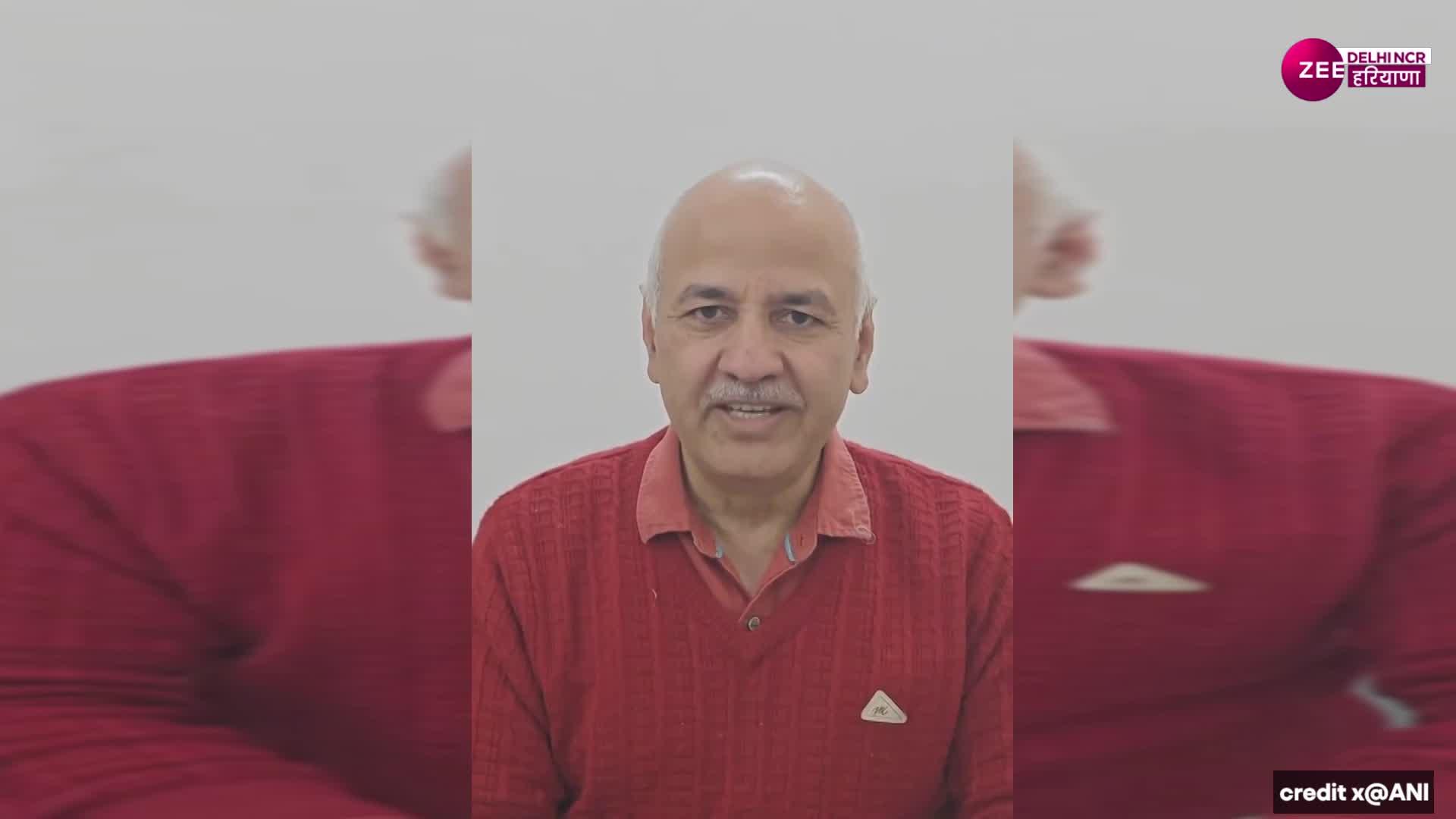) |
|
The recent Jangpura election results have delivered a significant blow to Manish Sisodia, a prominent figure in Indian politics. A three-time MLA from Patparganj, Sisodia's bid for the Jangpura constituency ended in a narrow defeat against BJP candidate Tarvinder Singh Marwah. The margin of victory was a mere 675 votes, with Marwah securing 38,859 votes compared to Sisodia's 38,184. This unexpected outcome marks a turning point in Sisodia's political career, raising questions about his future trajectory and the implications for the Aam Aadmi Party (AAP). The election results underscore the shifting political landscape in Delhi and highlight the fierce competition between the AAP and the BJP. The close contest reflects the dynamism of the Delhi electorate and their evolving preferences. Sisodia's defeat is particularly noteworthy given his previous electoral successes and his prominent role within the AAP. His loss highlights the unpredictable nature of elections and the importance of grassroots mobilization and strategic campaigning. The narrow margin of defeat indicates a closely fought contest, suggesting that voter sentiments were closely divided between the two major contenders.
Following his defeat, Sisodia released a video expressing his gratitude to the voters for giving him the opportunity to serve for 12 years. This statement reflects a sense of humility and acknowledgment of the electorate's decision. His words convey a deep respect for the democratic process and the privilege of serving the public. He emphasized that he never aspired to become an MLA or a minister, highlighting the unexpected nature of his political journey. This emphasizes the serendipitous nature of his political rise and the role of public support in shaping his career. The statement also suggests a degree of acceptance of the electoral outcome and a willingness to move forward. This is crucial, as it displays a responsible attitude toward accepting both victory and defeat in a democratic setting. The video serves as a platform for reflection and a graceful acknowledgement of the democratic process.
The most intriguing aspect of Sisodia's post-election communication was his revelation of his future plans. Although specifics were not disclosed in the initial reports, the mere announcement suggests a continuation of his engagement in public life. It remains to be seen whether this will involve a return to active politics, a focus on social work, or perhaps an exploration of alternative avenues. His future actions will be closely watched by political analysts and observers alike. The upcoming period presents a critical juncture for Sisodia, with significant implications for his political career and future contributions to public life. This phase will shape his legacy and influence the future trajectories of Indian politics. His career thus far demonstrates that political journeys are rarely straightforward and that resilience in the face of adversity is a critical trait. The unfolding of his future endeavors will provide a valuable case study in political adaptability and strategic repositioning. His next steps will not only determine his personal trajectory but could also influence the broader political landscape in Delhi and beyond.
The close nature of the election underscores the increasing competitiveness of Delhi’s political scene. The BJP’s victory in Jangpura, a constituency previously held by the AAP, suggests a shift in voter preferences and the effectiveness of the BJP’s campaign strategy. This outcome may lead to renewed scrutiny of both the AAP and BJP’s strategies, prompting adjustments in their approaches for future elections. The analysis of Sisodia's defeat will require a comprehensive examination of various factors, including voter demographics, campaign effectiveness, and the overall political climate. This will aid both parties in refining their strategies for future electoral battles. The close contest suggests that the battle for Delhi’s political dominance is far from over, and that future elections will likely be equally contested and unpredictable.
Ultimately, the Jangpura election results serve as a reminder of the fluid and dynamic nature of politics. Sisodia's defeat, although unexpected, offers a valuable case study in the ever-shifting landscape of Indian politics. The close margin of the election underscores the need for sustained voter engagement and effective campaign strategies for future electoral success. His future actions and the implications of his defeat will continue to be a subject of intense scrutiny and analysis within political circles and beyond. The implications of this election extend beyond the individual contest and have broader implications for the political future of Delhi and the strategies employed by both the AAP and the BJP.
Source: Jangpura Election Result: जंगपुरा से चुनाव हारने के बाद मनीष सिसोदिया ने बताया अपना फ्यूचर प्लान
